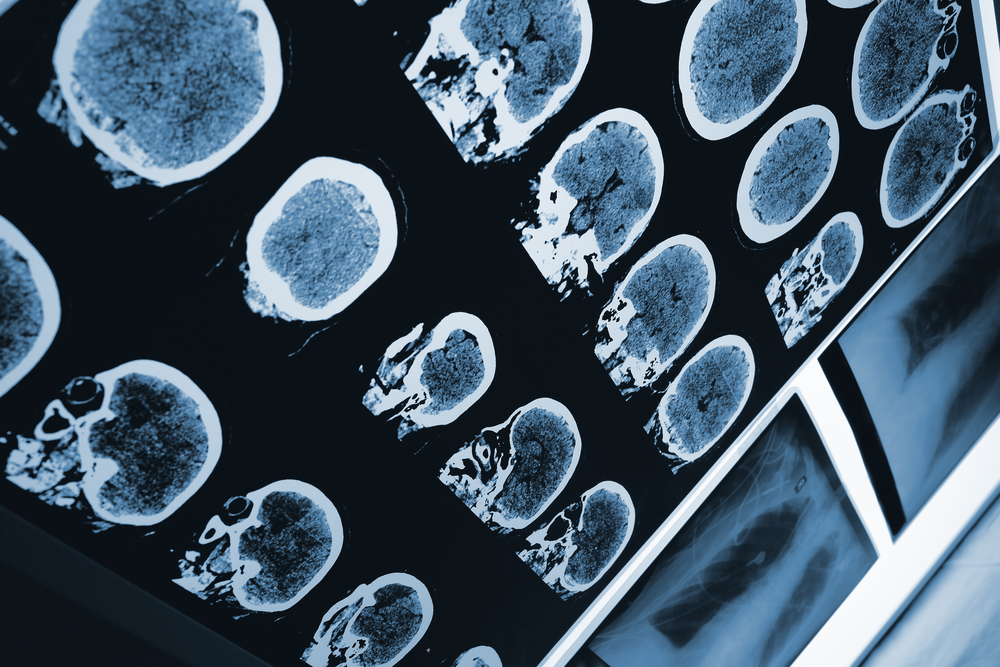Acadia Is Starting Phase 3 Trial of Nuplazid for Dementia-related Psychosis

Acadia Pharmaceuticals is starting its Phase 3 HARMONY trial to evaluate Nuplazid (pimavanserin) as a treatment for hallucinations and delusions associated with dementia-related psychosis.
Currently, there is no approved therapy for this condition.
Acadia’s announcement comes in the wake of the U.S. Food and Drug Administration designating Nuplazid a Breakthrough Therapy, which helps expedite its regulatory review and development.
The FDA approved Nuplazid in April 2016 to treat delusions and hallucinations associated with Parkinson’s disease psychosis.
Dementia-related psychosis includes psychosis in patients with Alzheimer’s disease, Parkinson’s disease dementia, vascular dementia, dementia with Lewy bodies, and frontotemporal dementia.
The global Phase 3 HARMONY trial will evaluate whether Nuplazid, a selective serotonin inverse agonist that targets 5-HT2A receptors, can prevent psychotic symptoms from returning in this patient population. Acadia expects 360 patients to enroll in the study.
Acadia said the randomized, double-blind, placebo-controlled trial will be divided into two parts. Part 1 is a 12-week open-label stabilization period, during which patients with dementia-related psychosis will receive 34 mg of Nuplazid once a day, or have their dose readjusted to 20 mg daily, if justified.
The second part is a double-blind period, which means that neither patients nor trial investigators will know who is receiving Nuplazid and who is receiving a placebo. Patients will continue receiving either 34 or 20 mg of Nuplazid daily, or be switched to a placebo.
Patients will be followed for up to 26 weeks or until a psychotic relapse occurs. The main endpoint of the double-blind part of the study is how much time it takes for a patient to relapse.
Another Phase 3 trial (NCT00658567) showed that Nuplazid was an effective treatment for Parkinson’s disease psychosis. A treated subgroup saw a significant improvement in psychosis, compared with those receiving a placebo. The effect in the group was notably more significant than the effect seen in participants in the entire study.
If the FDA approves Nuplazid as a treatment for dementia-related psychosis, it would represent an important expansion of the therapy’s authorized use.
“With receipt of FDA’s Breakthrough Therapy Designation for pimavanserin [Nuplazid], we are able to accelerate this important [trial] program,” Steve Davis, president and chief executive officer of Acadia, said in a news release.
“Pimavanserin has a unique biological mechanism that distinguishes it from any other antipsychotic,” he said. “We believe the profile we observed in our Phase II -019 study in Alzheimer’s disease psychosis (NCT02992132) could be particularly beneficial in this elderly, underserved population.”
In that Phase 2 trial, called SERENE, Nuplazid was evaluated as a treatment for Alzheimer’s patients’ agitation and aggression. Davis said it reduced psychotic behavior without impairing cognition. It also had a favorable tolerability profile.
Due to overlapping study sites and participants in the SERENE and HARMONY trials, Acadia has decided to stop enrolling new Alzheimer’s patients in the SERENE trial. Those already enrolled will continue participating until it’s completed.
“We were very excited to be the first and only FDA-approved drug for the treatment of Parkinson’s disease psychosis, and are equally excited about the potential to help many more patients suffering from dementia-related psychosis,” Davis said.
If the Phase 3 results are positive, Acadia will use them and data from previous studies to seek a supplementary New Drug Application for Nuplazid as a treatment for hallucinations and delusions associated with dementia-related psychosis.






